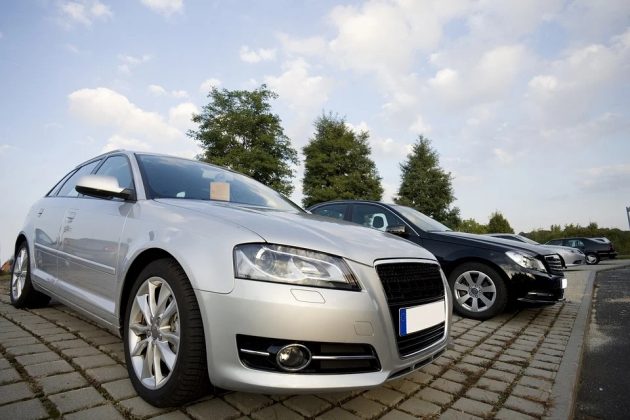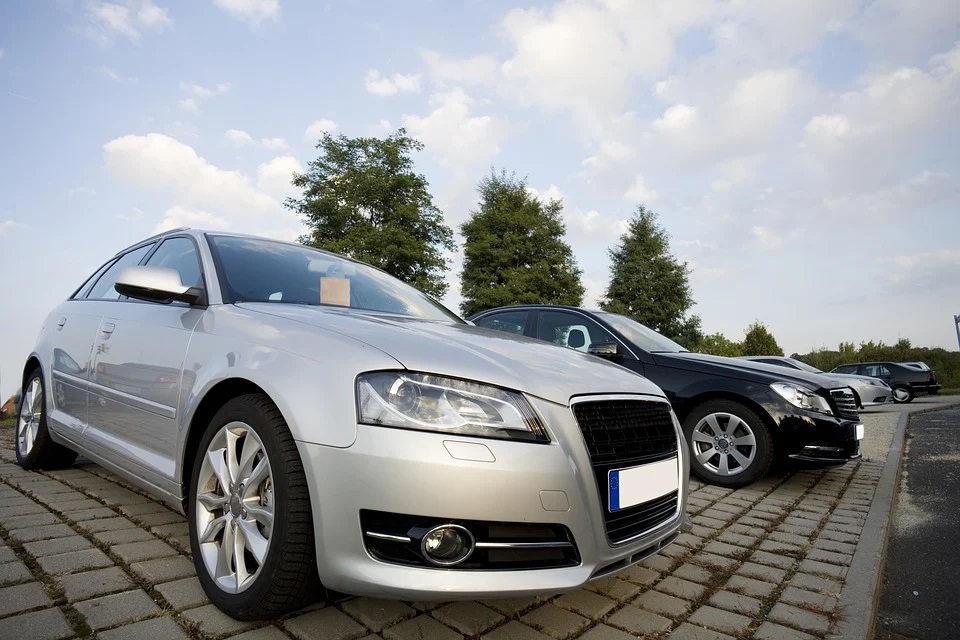Buying a car can be a demanding task, especially when one wants to purchase a second-hand car. So what are the requirements one needs to consider before they buy used cars? Here is a list of the possible factors to consider.
Reliable purchase
First and foremost, you must validate ownership, especially when one is dealing directly with the seller and not a company or dealership. Ask the seller to show you registration documents for the vehicle. This documents will confirm the owner of the car and previous owners of the car in question. Compare the Vehicle Identification Number (VIN) that is usually under the bonnet or on the windscreen with that found in the vehicle registration details, if they coincide then this just ticks off the first requirement on the long list.
Research
Conduct research on the likely market value of the vehicle. This will help you to mitigate from buying an undervalued or overpriced vehicle. The price of the car will have a direct impact on car insurance. To know the value of a car one can use either car valuation sites or companies and pay a small fee. Besides, you can also check the market value of a car by inquiring the prices from other dealers or car distributors. You can also ask for the car insurance quote as it will give a rough estimate of the car’s value.
Car’s history
Assessing a car’s history, especially for previously used vehicles, is crucial. The car history may reveal some hidden information about the car as if the car is stolen or if the car was used to secure a long-overdue loan. It can be very frustrating as a new car owner for your car to be taken away from you because of investigations as the car was stolen, the car was involved in crime or used to acquire a loan. So how does one check for the history of a vehicle?
Some companies offer the service of checking the records of the car at a small fee. The extent of information, though, may differ from one company to another. Potential used cars owner must conduct extensive research on the car’s history as this will help them mitigate the extra cost and stress in case of inconsistencies.
Visual inspection
The next thing that one should do is arrange for a visit to the seller’s premises for visual inspection of the car. Make sure that you do this during the day time as it will help to identify physical damages to the car such as dents and scratches. Check for any signs that may indicate that the vehicle had been previously involved in an accident. Ensure to check the bonnet, the interior of the car and under the hood for any signs of damage or rust. Inquire from the seller details about the car by asking random questions, the way the seller responds will more often indicate whether the vehicle is stolen.
Examine the car’s odometer for mileage, and make a logical conclusion if the mileage coincides with what you have been told concerning the vehicle. In case you suspect that the odometer has been tampered with do not proceed with the deal. Check the condition of tyres of the car to see if they are in good quality. Analyze for the integrity of the car locks; this will point out if the vehicle has been broken into. Ensure that the windows and sunroof operate optimally. A pre-purchase inspection by a mechanic of your choice is often recommended.
Lastly, ask to take the car for a test drive. Choose a road that has corners and turns. Drive at varying speeds and assess the functionality of the gears and brakes. Take a keen interest in the noises produced by the car as it could indicate the quality and status of the car’s engine.


